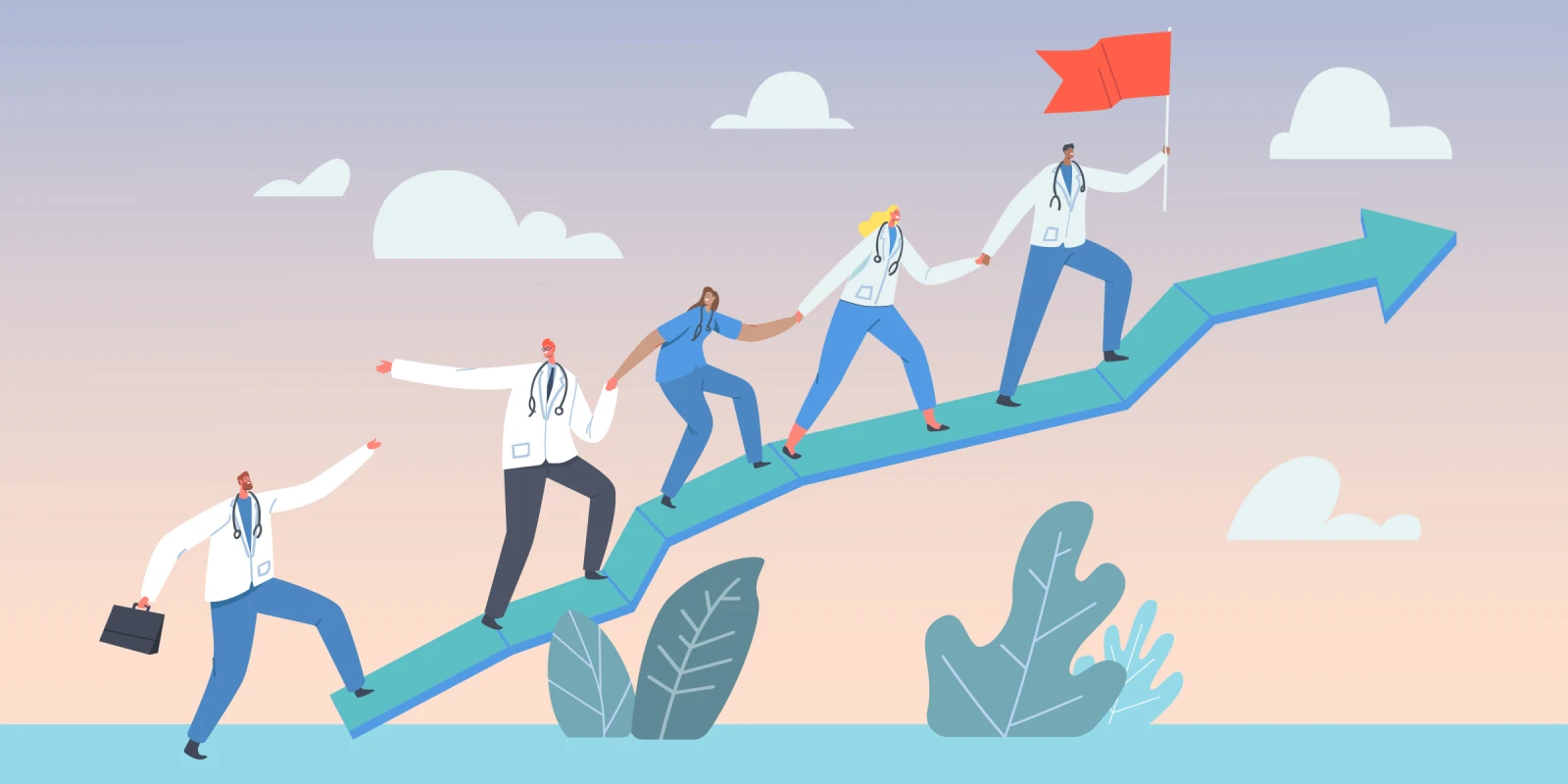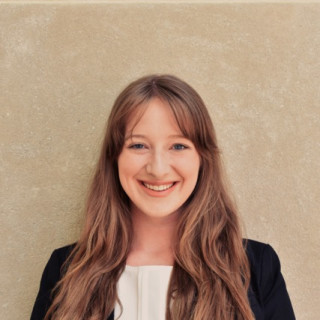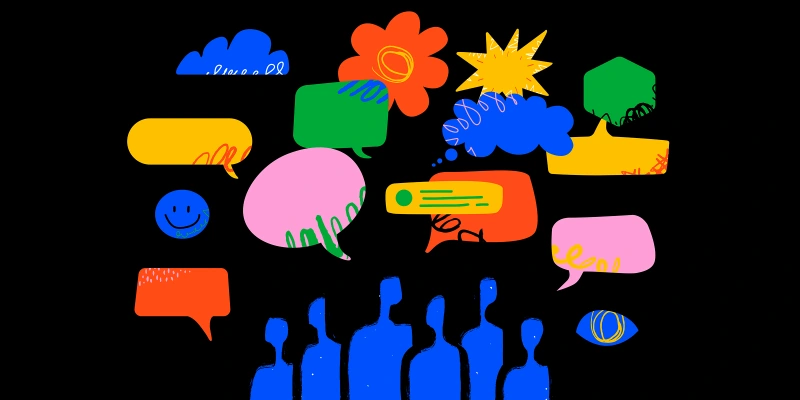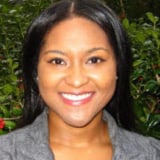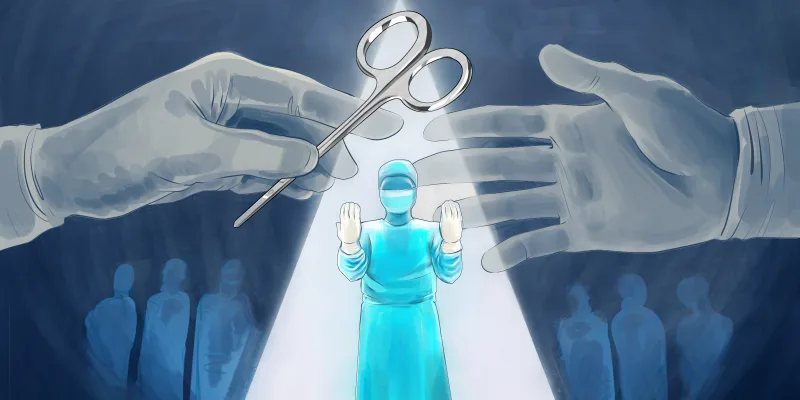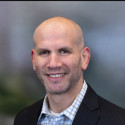First-generation (first-gen) physicians are the first in their families to attend medical school, and in turn, face distinct obstacles from their continuing-generation colleagues. First-gen students often take on meager academic advising, mentoring, and professional networking opportunities, all while facing inadequate emotional and moral support. They tend to come from more diverse backgrounds than continuing-generation physicians, bringing unique strengths to the field like resilience and emotional intelligence. Doximity spoke with two first-gen physicians to hear more about their career experiences, and the mentorship that has helped them get to where they are today.
Dr. Lynn Cintron has been a practicing anesthesiologist for over 20 years, and found inspiration to become a doctor in the joys of science. “I fondly remember a science project involving the anatomy of a goldfish,” she said. Advice from mentors along the way has stuck with her. “[One mentor] did teach me the importance of staying involved in organized medicine and volunteering. That’s opened many doors and networking opportunities,” she said.
Dr. Francis Navarra is an anesthesiology resident at Temple University Hospital. He came into medicine after pursuing a career in professional skateboarding. “When things weren't really working out for me, I figured, why not go back to school? I knew that when my grandparents came here [from the Philippines], they came to have a better life,” he said. Dr. Navarra initially set course to pursue a career in nursing, but an anatomy and physiology professor pushed him to consider his true goals. Dr. Navarra reflected, “He would ask me, ‘Have you ever thought about medicine?’” Dr. Navarra hadn’t, but the professor’s persistence weighed on his mind. “One day I asked him, ‘What do you see in me?’ And his response was ‘I see greatness.’”
Inspiration is the first step, but first-gens then face the daunting task of learning the complex medical system on their own. “It does take more work [for first-gens than for other physicians],” Dr. Cintron said. “It does take more time to learn a system, there's no question. Time that one could be using for rest and recreation, family, or personal well-being. Even though parents are very caring, many of them don’t know the system. They can’t help us navigate the system, but it’s still a support system, and every little bit helps.”
As a result, many first-gens spend less time on personal health and wellness, and reportedly have worse sleep problems. Dr. Navarra used a metaphor to talk about the energy he spends on his work: “If I had a cup and all of the water or coffee in that cup was everything I had to pour out into patients, I would empty that cup every single time. And sometimes we don't have a way of refilling it, and that can be the challenging part. That's kind of something that I've seen with my first-generation colleagues. People who come from that type of background are always willing to empty that cup for their patients.”
Mentors can play a big role in helping first-gens reach their potential and combat impostor syndrome and discouragement from others. Though mentorship programs are few and far between for first-gens, both Dr. Cintron and Dr. Navarra have been able to get involved with programs in their communities.
Dr. Cintron acts as a mentor at the First Generation Mentorship Program at Stanford Medicine, which offers informal opportunities such as chocolate tastings for students to connect with each other and their mentors. “I think they are one of the few [schools] that have this particular type of program, and I wish that I had this during my training,” she said. “So much of any profession -- whether it’s law, politics, engineering -- is tied into how we’re mentored along the way. It is very helpful for people that come from a minority background, disadvantaged background, to try to not only give structural recommendations on certain pathways, but also just encouragement.”
Dr. Navarra has also taken on the role of mentor to others. He helped found the Georgetown Med Generation One program, which is a program aimed at bringing students who come from an underserved disadvantaged background to help diversify the field of medicine. He has benefited not only from hearing his colleagues' stories, but also from sharing his own. He noted, “I'm not just grades, I'm not just a test score. My background is so unique. And I think if you find the right people to nurture that, then you can really make it into med school.” As a first-gen physician, he explained that what has helped him move forward is to “always give back. It can be really daunting, especially when you have to look up this mountain that you feel like it's impossible to climb up. And so I think reaching out to people and letting them know that I'm there for them and to provide that support [is helpful].”
Even with mentorship, many first-gens have a hard time communicating about their work life to their family. “It's always difficult trying to explain what I do on a day-to-day basis,” Dr. Navarra said. “I try to explain what I do in layman's terms.” This challenge has helped him improve his science communication skills, which has directly improved his patient care. “It's worthwhile for me as someone going into anesthesiology because the moments we spend with our patients are fairly short lived,” he said.
When asked about one piece of advice to give other first-gens, Dr. Navarra said, “I think having that growth mindset throughout the whole process is paramount because everything is dynamic, everything's moving. And just fixating on one thing, one test score, is detrimental. In our discomfort is where we find our greatest growth.” He continued, “We are considered the underdogs and I love that because people aren't banking on us to succeed.”
In a time where burnout and exhaustion are widespread in the profession, many clinicians debate whether or not they would advise others to follow in their footsteps. With all of the challenges first-gen students face, a sense of pride and accomplishment is something that keeps their heads high. Dr. Cintron reflected, “It’s exciting to be the first in anything. The first to go to college, to be in the medical field, to be a physician. It’s something to be proud of and something to celebrate.” She continued, “I'm just grateful to have gotten to this point and to be able to do something that I enjoy doing. It's very rewarding to feel.”
The first-generation physician population is one that continues to expand as the call to create space in medical school for a more diverse population is growing louder. Dr. Navarra noted, “Starting at a lower threshold and climbing our way out of that, and then also looking back to help others who are in that similar situation, I think that's what makes us even better.”
We're taking suggestions. What people or topics in the health care space would you like to see covered?
Image by invincible_bulldog / GettyImages
